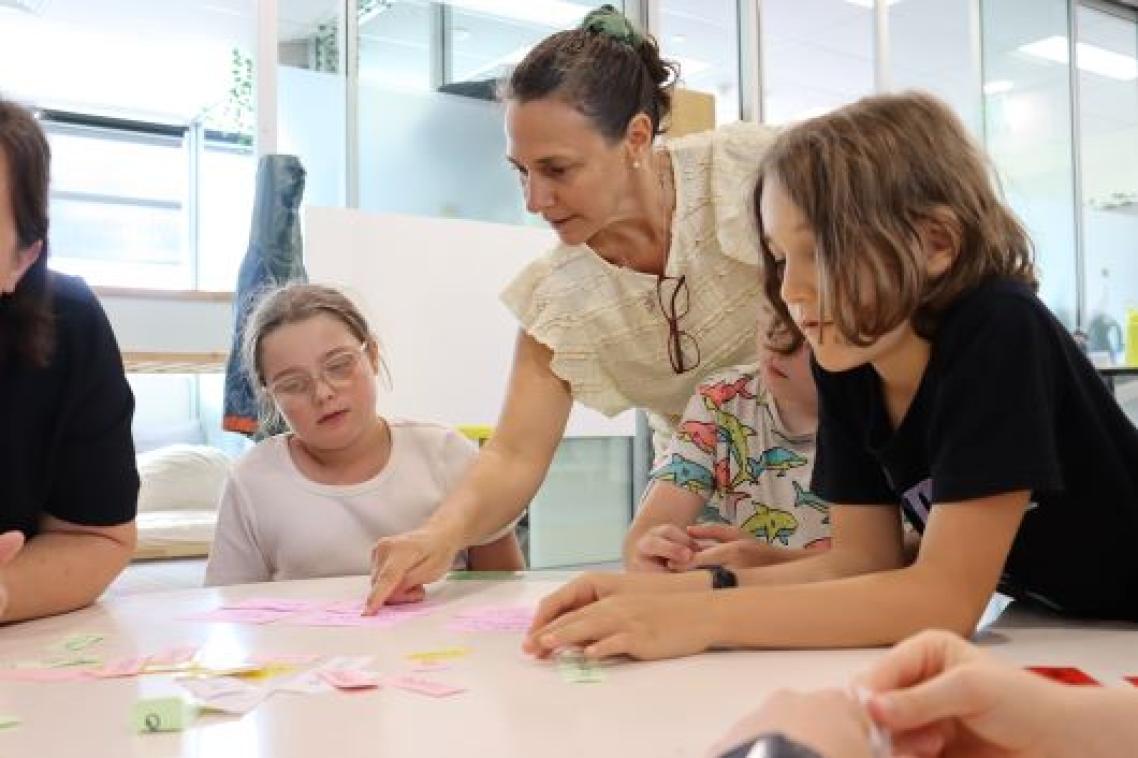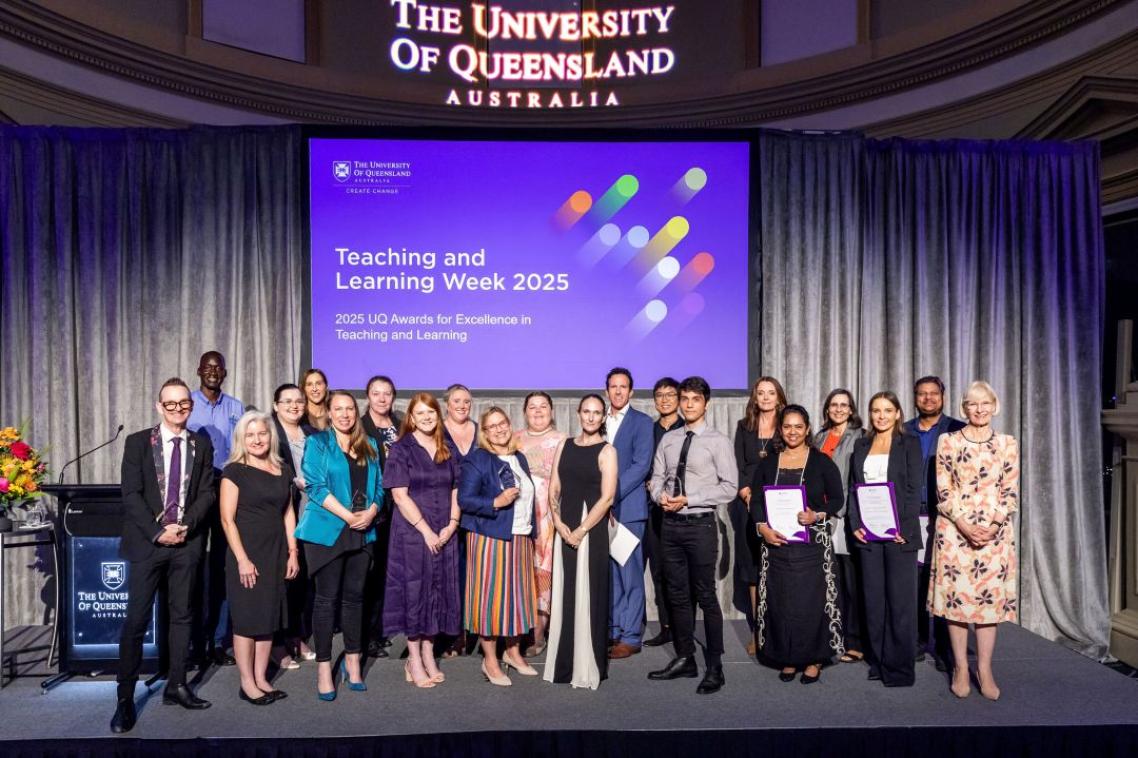Help needed for students without university-educated parents

(Photo credit: Adobe )
Key points
- Data from more than 400,000 young people showed first-in-family (FiF) students had a 36 per cent likelihood of enrolling in university
- Students whose parents went to university had a 59 per cent likelihood of following in their footsteps
- The report has prompted calls for policy changes to address barriers faced by FIF students
People without university-educated parents should be recognised as disadvantaged within Australia’s higher education system, according to a University of Queensland researcher’s report.
The first-in-family (FiF) cohort is less likely to attend university and more likely to struggle or drop out of higher education.
Report author Dr Tomasz Zajac from UQ’s Institute for Social Science Research said despite FiF student enrolments growing in number, the lack of cultural capital, mentoring and guidance hindered their success.
“FiF individuals are less likely to secure a spot at a first-tier university,” Dr Zajac said.
“This is important because it means elite spaces remain exclusive.
“FiF students are significantly more likely than their peers to enrol in education programs and health programs but were less likely to enrol in medical studies.
“This might serve as evidence that their main goals include improving their job prospects and acquiring specific job training, reflecting a practical approach to higher education prioritising immediate employment outcomes.
“They’re also less likely than their peers to study natural and physical sciences, and engineering and related technologies.
“They shy away from the most prestigious and highest earning degrees but they’re also less likely to study degrees with the lowest earning capacity likely because of the lack of financial security.”
The report Investigating the relationships between First-in-Family status, equity groups, and university access analysed the data of 443,609 young people.
Australian higher education currently recognises several equity groups, including people from low socioeconomic, Aboriginal and Torres Strait Islander or non-English speaking backgrounds, people from regional and remote areas, people with disability and women in non-traditional areas of study.
Statistical analysis suggests FiF students have a 36 per cent likelihood of enrolling in a university undergraduate degree compared to those with tertiary educated parents, who have a 59 per cent chance.
“Only people with disability were more disadvantaged in terms of enrolment rate, at 31 per cent,” Dr Zajac said.
“The Australian Government and other stakeholders need to consider funding further research exploring why attitudes and aspirations of FiF young people differ and how they shape educational outcomes.
“University education has a pivotal role to play in enhancing the socio-economic status and quality of life for disadvantaged individuals.”
Policies needed to level the playing field
This research was supported by the Australian Centre for Student Equity and Success (ACSES) at Curtin University.
ACSES Research and Policy Program Director, Professor Ian Li said being first-in-family should be a factor considered in policies to level the educational playing field.
“Students who do not have university educated parents make up a large part of the student population and often have to navigate the school and university systems without parental advice and role models,” Professor Li said.
“This important study leverages multi-agency linked data and finds that FiF students face barriers to university enrolment and enrolment in selective universities.”
Collaboration and acknowledgements
ACSES is an evidence-based research and public policy centre funded by the Australian Government Department of Education and based at Curtin University. ACSES is committed to providing the higher education sector with tangible proof of what works to improve the quality and impact of student equity practices in higher education. For further information visit acses.edu.au The research aligns with UQ’s Queensland Commitment, which is working to ensure equitable access to education for Queensland students, regardless of their background.Topics
Related articles

UQ steps into primary schools

UQ teaching elevates student experience
Media contact
UQ Communications
communications@uq.edu.au
+61 429 056 139
